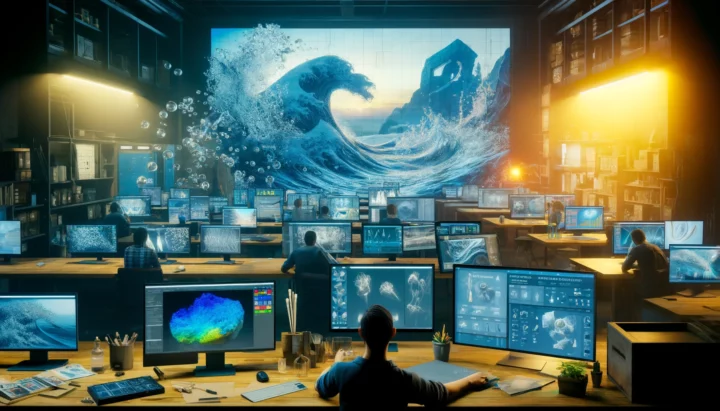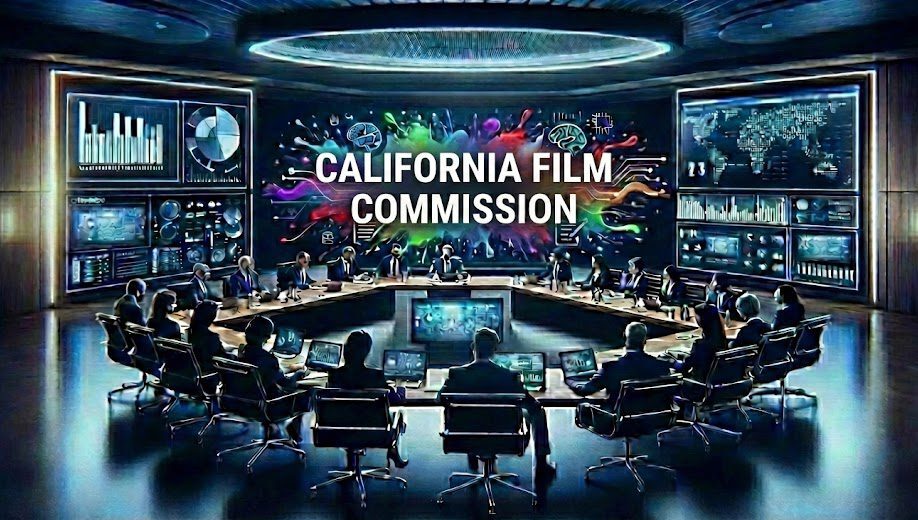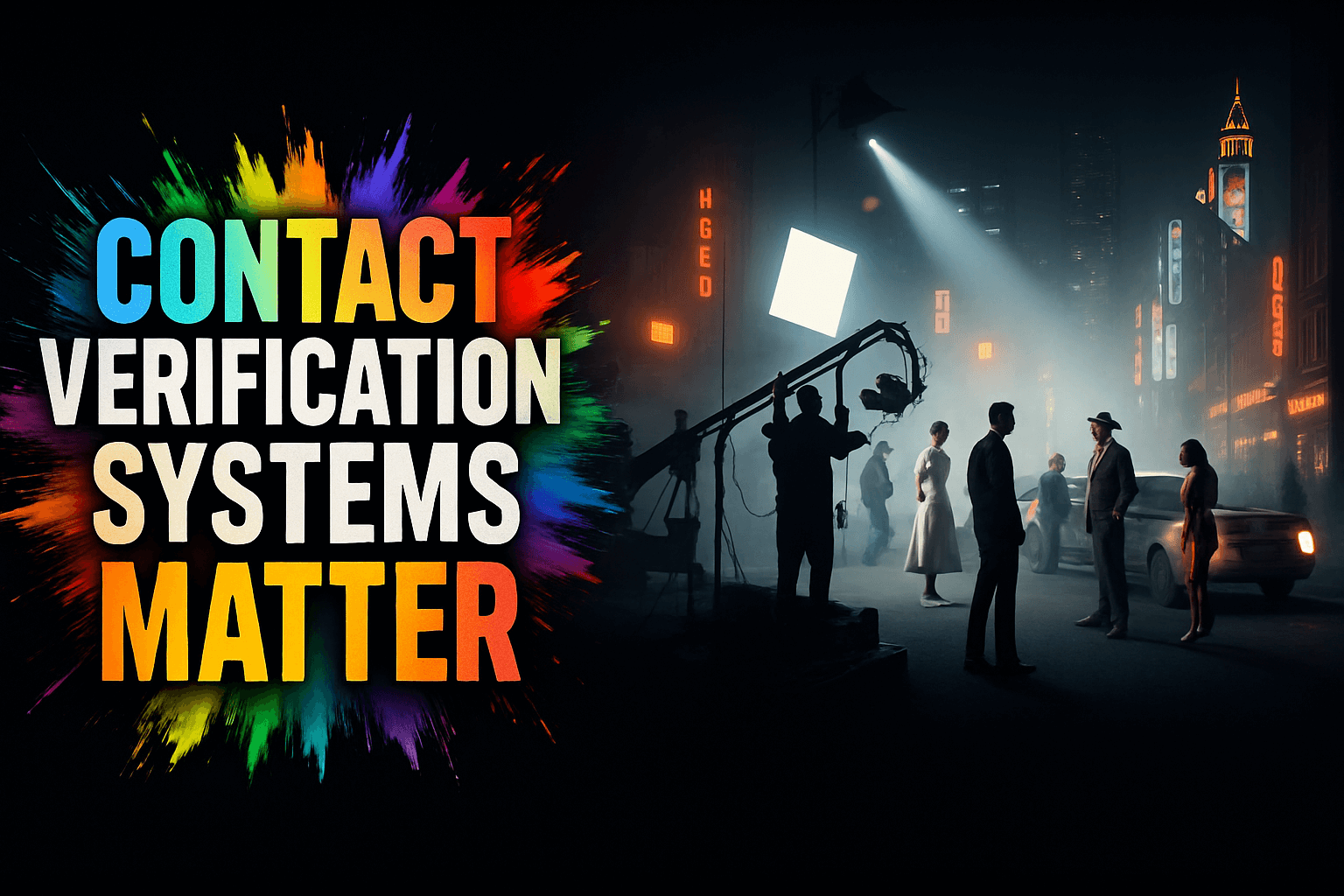Introduction
The post-production process is where all the creative elements come together. Editors, sound designers, and VFX artists take raw footage and turn it into a polished final product. For buyers, understanding how post-production impacts the quality of the content you’re purchasing is vital. For sellers, offering cutting-edge services in post-production can set you apart from competitors.
Vitrina connects industry professionals, making it easier to find the right post-production studios, VFX companies, and localization vendors globally. This network can help both buyers and sellers navigate the complexities of the process.
Key Takeaways
| Key Points |
| Post-production is the final phase where editing, sound, and visual effects come together. |
| The right post-production workflow saves time and money. |
| Editing, color grading, and sound design are critical to success. |
| Tools like After Effects and DaVinci Resolve streamline the process. |
| Collaboration is growing, with many professionals choosing outsourcing. |
Table of content
- Introduction to Post-Production
- Key Stages of the Post-Production Process
- Editing and Visual Effects
- Audio Mastering and Sound Design
- Post-Production Workflow and Tools
- Managing Post-Production Budgets and Timelines
- Additional Elements: Subtitles, Dubbing, and More
- Post-Production Trends and Future Outlook
- FAQs
Looking for Global VFX Projects?
Create your profile on Vitrina!
- Promote your VFX studio.
- Connect with global studios.
- Showcase projects & clients.
- Find projects matching your expertise.

Key Stages of the Post-Production Process
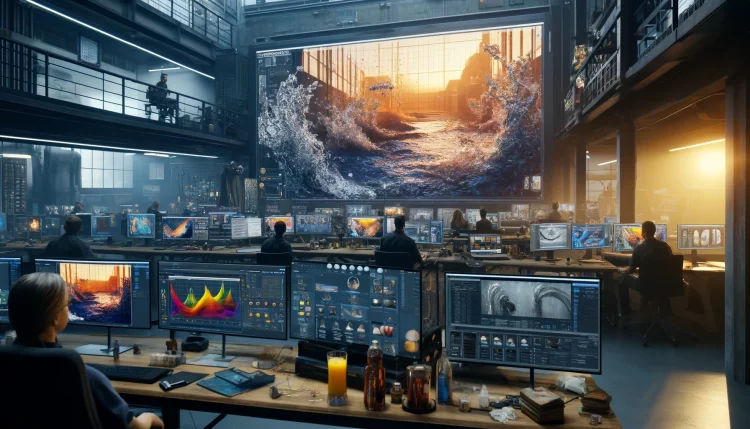
The post-production phase typically includes several key stages that determine the final quality of a film or video. Here’s a breakdown:
| Stage | Description |
| Editing | The first step is to assemble the raw footage into a cohesive story. |
| Color Grading | Adjusts colors for mood, style, and consistency. |
| Sound Design | Adds and edits sound effects, background music, and dialogue. |
| Visual Effects | Adds VFX elements to enhance scenes. |
| Audio Mixing | Ensures all audio elements, like dialogue and sound effects, are balanced. |
| Mastering | The final step before distribution, ensuring all elements are polished. |
What You Need to Know
- Editing and color grading are the most visible aspects of post-production.
- Sound design and audio mixing are often overlooked but critical for immersion.
- Visual effects (VFX) can make or break certain scenes in films, especially in sci-fi and action genres.
For more insight into how VFX is revolutionizing post-production, check out this article on virtual production and its impact.
Editing and Visual Effects
Editing is where all the filmed scenes are trimmed, adjusted, and put together to tell the story. Meanwhile, visual effects (VFX) bring the impossible to life—whether it’s a dragon in a fantasy film or a futuristic cityscape. VFX can add incredible depth and detail to your project, transforming even the most basic scenes into cinematic masterpieces.
Key Points:
- Editing trims and arranges scenes for flow and pacing.
- Color grading adjusts color tones to create the right mood.
- VFX artists use tools like After Effects to create visual effects.
VFX also plays a huge role in indie films, and Vitrina can connect you to specialized VFX studios that cater to smaller projects. For a detailed guide on indie film post-production, visit VFX for Indie Films.
Looking for VFX
Experts or Projects?
Join Vitrina to Expand Your Global Entertainment Network
- Promote
Your VFX
Services. - Connect
with Vendors &
Studios Worldwide. - Discover
New Projects &
Opportunities - Find
Trusted VFX
Partners.

Audio Mastering and Sound Design
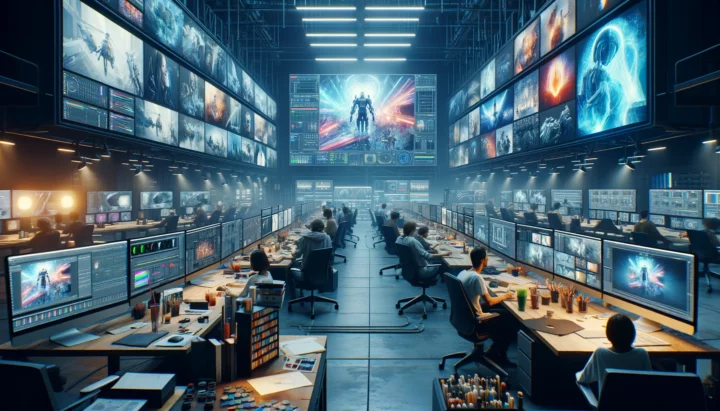
Sound design and audio mastering are critical for creating an immersive experience. Whether it’s creating background noises that transport the viewer to another world or balancing dialogue, sound design is an art.
Audio mixing ensures that all sound elements, including dialogue, sound effects, and music, are well-balanced and contribute to the overall feel of the project. Mastering is the final step, ensuring all sound elements meet broadcast or streaming quality standards.
- Sound design creates the atmosphere for a scene.
- Audio mixing balances different sound elements like dialogue and music.
- Mastering polishes the final audio to perfection.
For filmmakers looking to master their audio like a pro, Vitrina can connect you with experts in the field. You can also read more about the latest sound design innovations in AI VFX Post-Production.
Post-Production Workflow and Tools
Streamlining the post-production workflow is key to staying on schedule and within budget. With modern tools, this is easier than ever. Tools like DaVinci Resolve, Final Cut Pro, and After Effects are used to handle editing, color grading, and visual effects. Having an efficient workflow minimizes delays and reduces costs.
| Workflow Step | Description |
| Footage Ingestion | Upload and organize all raw footage for easy access. |
| Rough Cut | Initial editing to establish the flow of the film. |
| Fine Cut | Tighten the edits and polish the footage. |
| Visual Effects | Add necessary VFX elements. |
| Final Mix | Complete audio mixing and mastering. |
| Color Grading | Apply final color corrections and grading. |
Tools You Need:
- DaVinci Resolve for color grading.
- Final Cut Pro for editing.
- After Effects for visual effects.
For a more in-depth look at the tools used in post-production, visit our guide on Tools for VFX and Post-Production.
Want to Master the Post-Production Process?

Managing Post-Production Budgets and Timelines
One of the biggest challenges in post-production is managing budgets and timelines. Delays can happen, and costs can quickly spiral out of control. By establishing a clear timeline and keeping close tabs on your expenses, you can avoid going over budget.
- Set a clear timeline for each stage of post-production.
- Monitor your budget to avoid unexpected costs.
- Consider outsourcing to meet tight deadlines.
Vitrina provides a platform where buyers can find the right service providers who fit their budget and timeline needs. For more on how collaboration can impact post-production, visit Global Collaboration of VFX Studios.
Additional Elements: Subtitles, Dubbing, and More
In today’s global market, adding subtitles, captions, and dubbing is often necessary to reach a broader audience. These elements allow you to distribute content to non-native speakers and ensure accessibility.
- Subtitles translate spoken language for foreign audiences.
- Dubbing involves re-recording dialogue in another language.
- Captions ensure accessibility for the hearing-impaired.
Whether you’re a buyer looking to acquire international content or a seller offering localization services, these additional elements are key. To learn more about how localization fits into post-production, check out Vitrina’s blog on sustainable post-production.
Post-Production Trends and Future Outlook
The future of post-production is driven by technology. From AI-assisted editing to sustainable practices, the industry is evolving fast. AI is already helping speed up tasks like editing, color grading, and visual effects creation.
Looking forward, Vitrina continues to help connect industry professionals with cutting-edge technologies and workflows. For a closer look at these future trends, explore our article on AI in Post-Production.
Conclusion
The post-production process is the heart of film and video production. It’s where your project is fine-tuned, polished, and made ready for the world. Whether you’re a buyer evaluating the final product or a seller offering services, understanding this process is key to success. With the right tools, workflow, and partners like Vitrina, you’ll have everything you need to thrive in the world of post-production.
Frequently Asked Questions
Vitrina connects you with the right post-production service providers, including VFX studios, color grading specialists, and audio engineers.
Popular tools include DaVinci Resolve for color grading, Final Cut Pro for editing, and After Effects for visual effects.
Outsourcing allows you to collaborate with experts in VFX, sound design, and other fields, which can help you meet tight deadlines while maintaining quality.
Challenges include staying on budget, meeting tight timelines, and finding the right vendors for specialized tasks like color grading and audio mastering.
AI, virtual production, and sustainability are key trends, with AI streamlining tasks like editing and visual effects creation.

